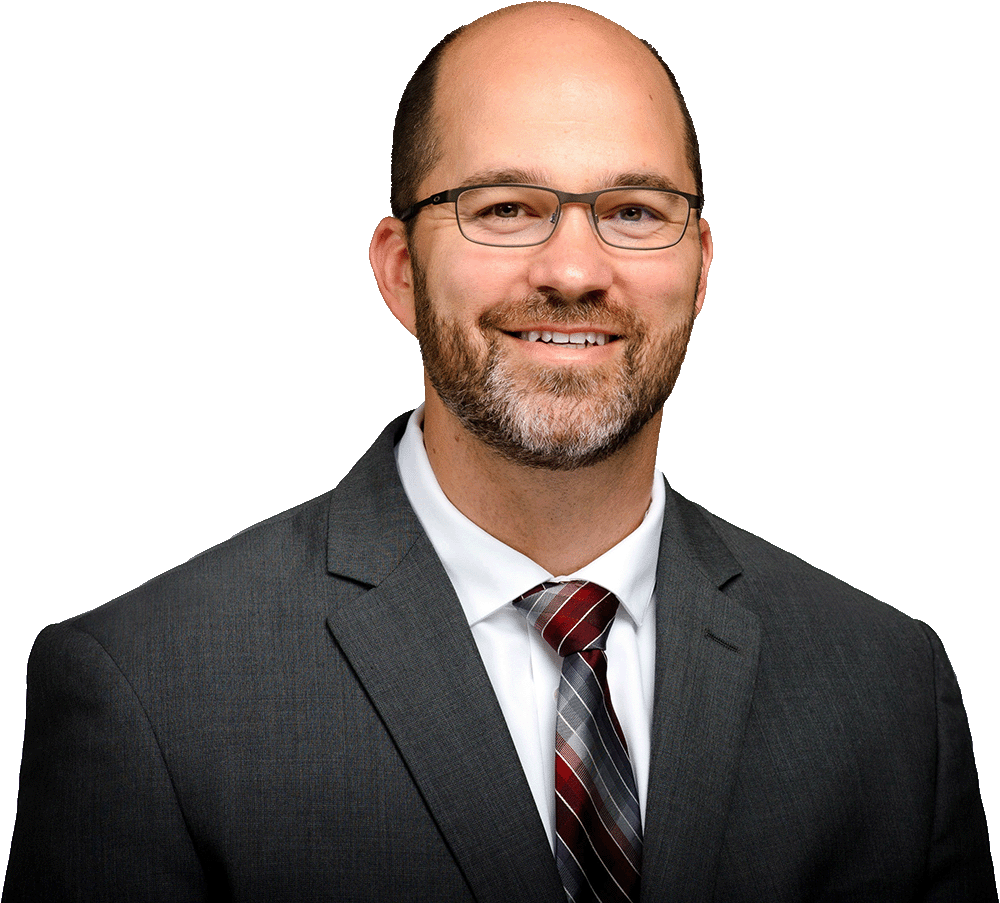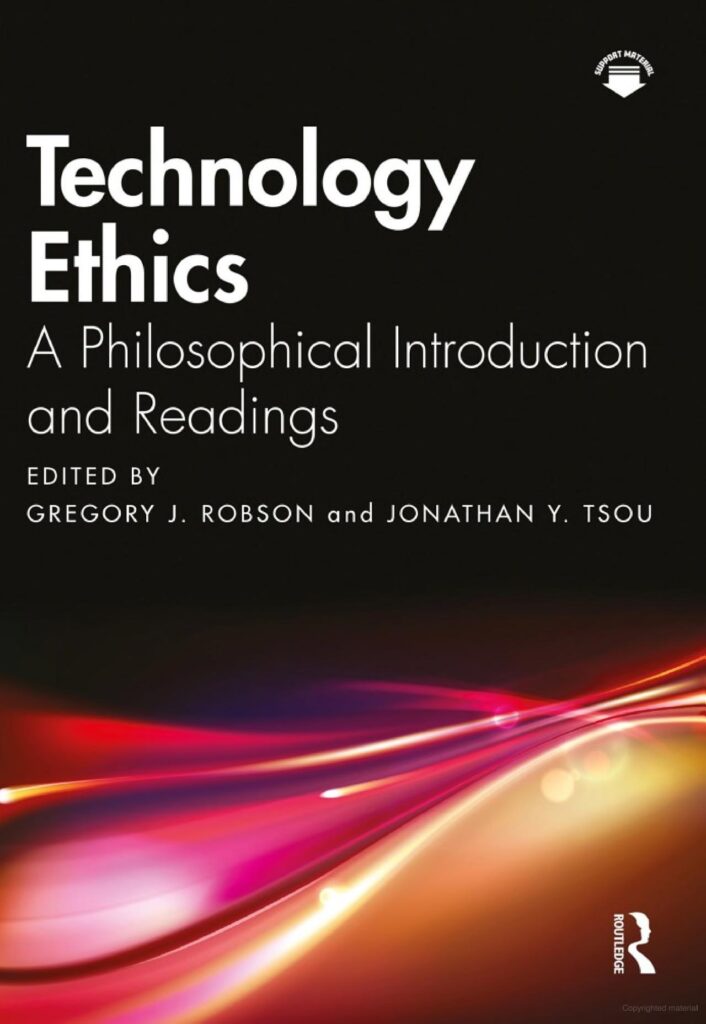
Gregory Robson
Associate Research Professor
Mendoza College of Business, University of Notre Dame
Gregory Robson teaches and writes in social and political philosophy, business ethics, and technology ethics. He is currently working on True Prosperity (Cambridge University Press, under contract), a second book on justice (under review), and another edition of Technology Ethics (Routledge, under contract). Before coming to Notre Dame, he studied economics and organizational development at Vanderbilt, government at Harvard, and philosophy at Duke, the Angelicum (Italy), and University of Arizona (the top program in his area), and worked at Iowa State University and Wake Forest University. His latest research papers are on social media firms, AI and economic planning, labor conditions, distributist political economy, holiness in political philosophy, and the ethics of profitable business.
"The primary function of commerce is service . . . Business has a code of ethics based very largely on divine principles. When this code is followed, commerce can and does advance civilization. When it is overlooked by selfish interests, individual or national, every sort of injustice, from petty thievery to world war, may result."
John Cardinal O'Hara, C.S.C., Founding Dean of the Mendoza College of Business, University of Notre Dame
Technology Ethics
A Philosophical Introduction and Readings
By Gregory J. Robson, Jonathan Y. Tsou
Copyright 2023
The first of its kind, this anthology in the burgeoning field of technology ethics offers students and other interested readers 32 chapters, each written in an accessible and lively manner specifically for this volume. The chapters are conveniently organized into five parts:
- Perspectives on Technology and its Value
- Technology and the Good Life
- Computer and Information Technology
- Technology and Business
- Biotechnologies and the Ethics of Enhancement
"The line separating good and evil passes not through states, nor between classes, nor between political parties either—but right through every human heart—and through all human hearts."
Alexsandr Solzhenitsyn, The Gulag Archipelago
